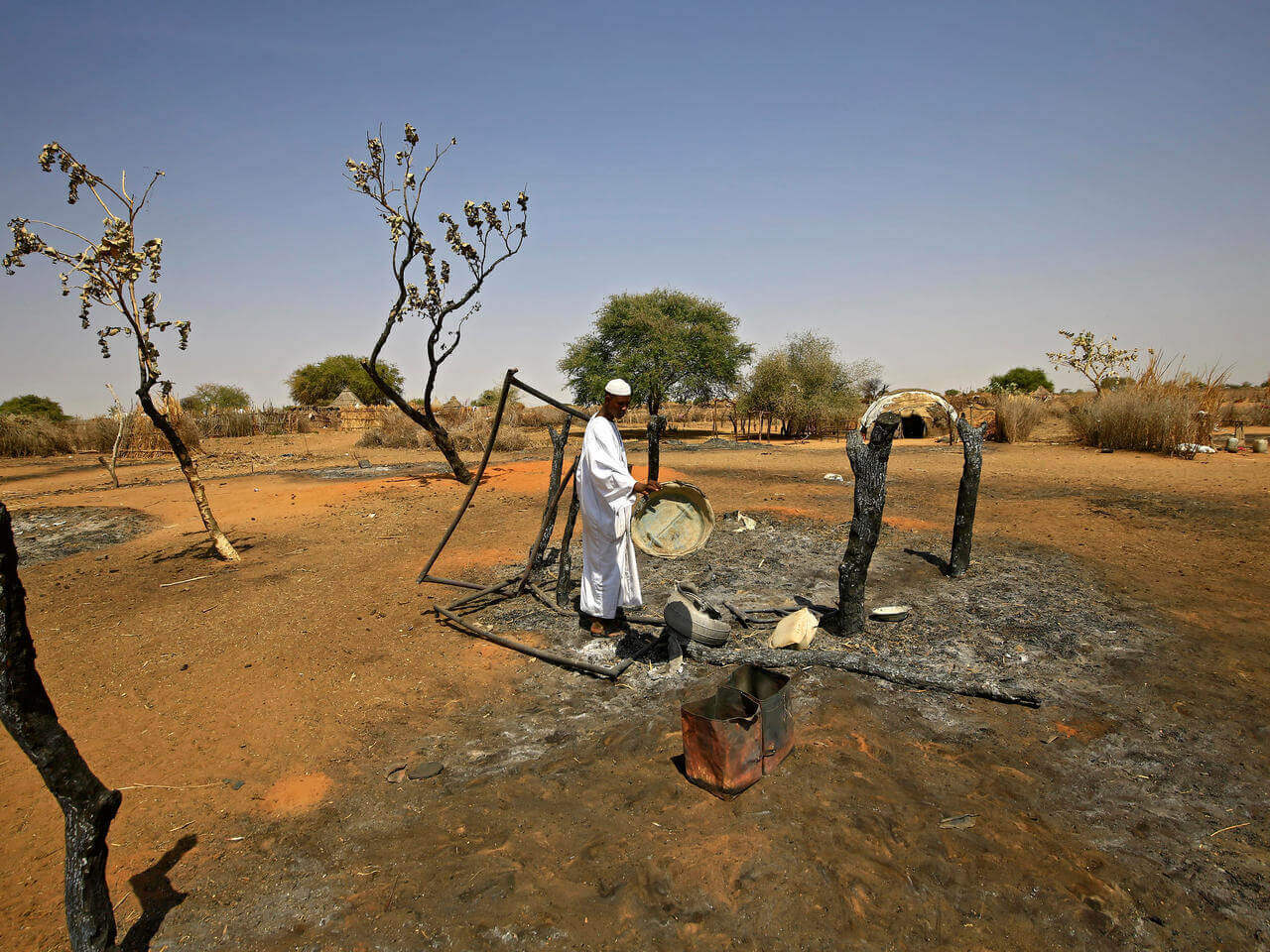Despite a number of international actors, including the United Nations (UN), placing their trust in the administration of President Abdalla Hamdok to effectively handle the security situation in Sudan, a new wave of violence this past weekend has illustrated the enduring conflict and instability in the country.
On Tuesday, the United Nations (UN) reported that, following clashes between Arabi Rizeigat tribe and the non-Arab Massalit ethnic community that began on Saturday, 87 people were killed, 191 were injured, and thousands were displaced in the Al Geneina Town in West Darfur. It is believed that the clashes are due to disagreements between Arab herdsmen and Massalit farmers in the region. In response, the Sudanese Security and Defence Council declared a State of Emergency.
UN Special Representative of the Secretary-General for Sudan Volker Perthes released a statement welcoming the measures undertaken by the Sudanese government to “contain the situation”. He further announced that the UN is mobilising additional staff and resources to address the rising displacement of people in the West Darfur region.
This is particularly concerning considering that in December, the United Nations Security Council (UNSC) voted to bring its peacekeeping mission in the country to an end. The Hybrid Operation between the African Union (AU) and the UN announced that the 13-year UNAMID mission will come to an end at the close of the year, after the UNSC officially left the protection of Sudanese civilians entirely in the hands of the government.
At the time, UN Joint Special Representative Jeremiah Mamabolo said that the Sudanese government is now “in the right hands” with PM Hamdok. Hence, the peacekeeping mission will now assume a peacebuilding role via the UNITAMS assistance mission.
The UN’s decision was driven in large part by the October peace deal with the nation’s rebel alliance, the Sudan Revolutionary Front (SRF). Since the SRF and other rebel groups took up arms in Darfur in 2003, around 300,000 people have lost their lives, according to the United Nations. The deal covers issues of land ownership, security, power-sharing, transitional justice, and provisions to integrate rebel fighters into the national army.
Sudan has also been highly cooperative in dismantling the toxic legacy of Omar al-Bashir, who was ousted via a coup in 2019. Bashir has previously been indicted by the International Criminal Court (ICC) for up to ten charges—including genocide, war crimes, and crimes against humanity—for ordering a brutal crackdown on ethnic minorities in western Darfur in 2003.
However, despite the several transformative measures undertaken by the Hamdok administration, in January, just months after the October peace deal, and just weeks after the UN announced its impending withdrawal from Sudan, there was a spate of attacks in El Geneina and two Kerending camps, which resulted in 163 deaths and the displacement of over 130,000 people.
This appears to suggest that perhaps the UN was a little hasty in bringing an end to its peacekeeping mission and that it may have been a little too optimistic about the ability of the Hamdok administration to address enduring security concerns. In fact, in December, Amnesty International issued a statement urging the UN to extend UNAMID’s mandate by at least six months “in light of the failure by government security forces to protect civilians in recent months”. The rights group reported that more than 70 civilians have perished at the hands of armed forces between July and September 2020 in West Darfur, Central Darfur, and North Darfur. At the same time, there remain thousands of people who are displaced as a result of prolonged conflict.
However, given that the UN has welcomed the Sudanese government’s decision to declare a state of emergency, it seems that there is unlikely to be a change in its decision to bring an end to its peacekeeping mission.
Ethnic Clashes in Sudan Raise Questions About UN’s Decision to End Peacekeeping Mission
The Sudanese government declared a state of emergency following ethnic clashes in West Darfur that led to 87 deaths, 191 injuries, and thousands of people being displaced.
April 8, 2021

IMAGE SOURCE: ASHRAF SHAZLY / AFPThe UN’s decision was driven in large part by the October peace deal with the nation’s rebel alliance, the Sudan Revolutionary Front.
